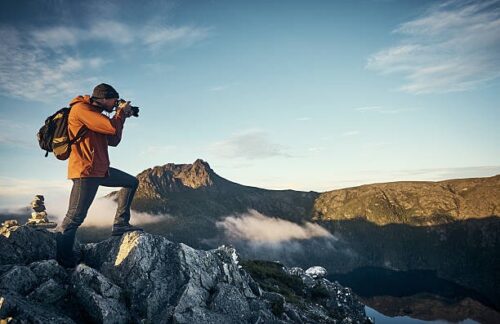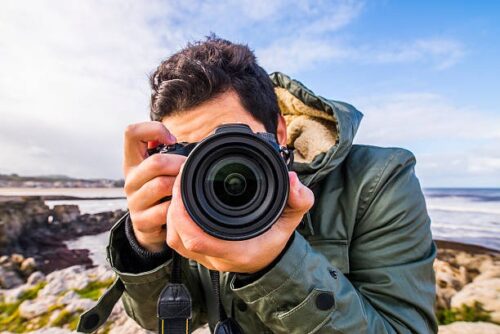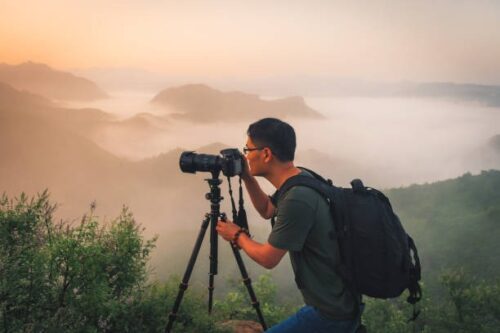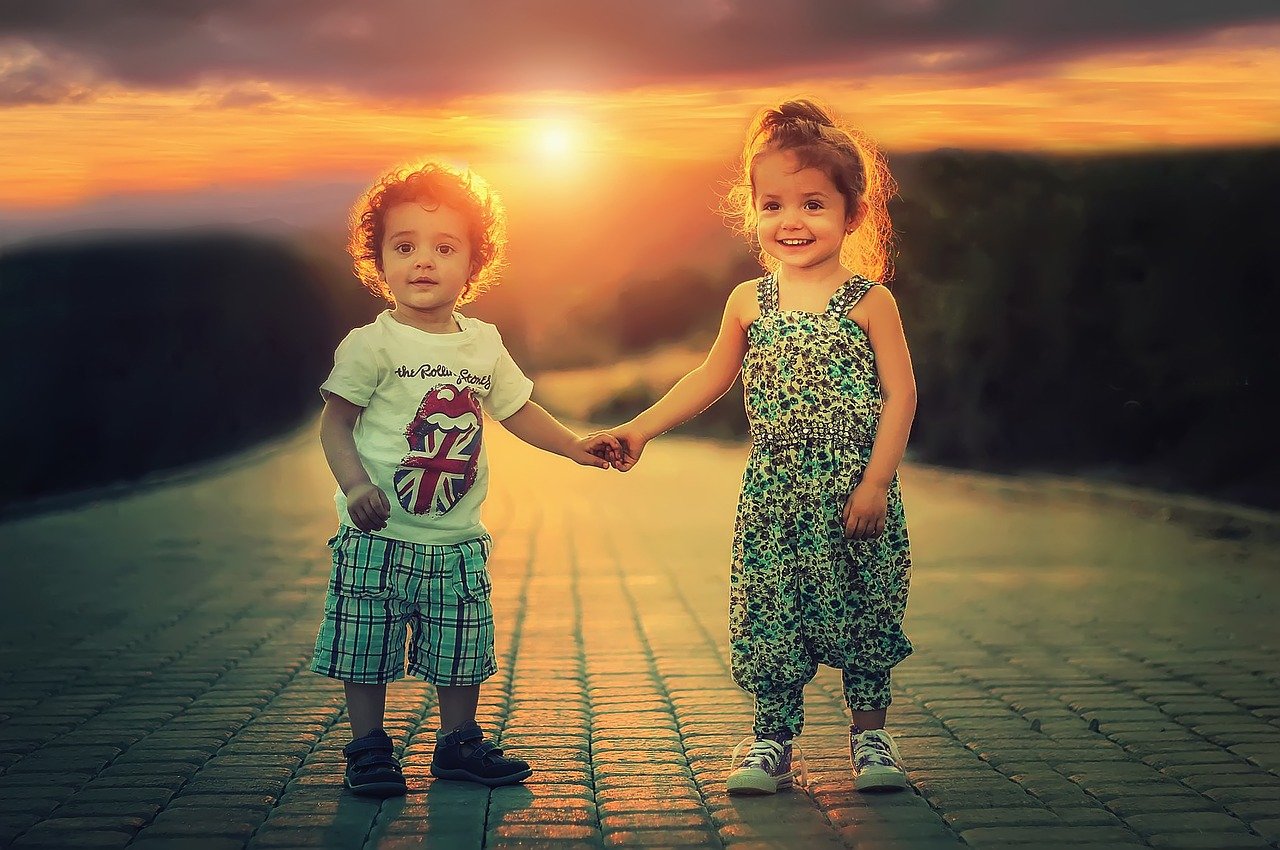
It is well established that all art forms benefit us daily. The creative process of photography as therapy can make us feel like we can take care of ourselves, no matter how little, by calming our racing thoughts, allowing us to express our feelings, and giving us a sense of accomplishment.
Particularly regarding our mental well-being, therapeutic photography techniques can be immensely helpful. It cannot be easy to understand in this busy world how doing something we love so much, even if it’s our job or duties at home, can improve our mental health. However, taking up a camera might be the secret to feeling slightly happier.
Naturally, there are personal benefits to looking through or photo taking one’s collection of imagining photographs. However, doing so might also unexpectedly trigger strong emotions and deep recollections of memories, which can occasionally be extremely overpowering for those ill-prepared to handle such events when they resurface.
What Is Therapeutic Photography?
Using your images for personal mental and emotional health recovery is possible with therapeutic photography. Whether we realize it or not, many of us find immense comfort in photography. Numerous therapeutic benefits of photography are related to mental health, such as mood enhancement, letting us express our creativity, and helping us disconnect from external pressures.
It may seem contradictory to pick up a camera to help us relax in a world where we are consuming more and more social media outlets. We can easily rely on our phones for entertainment. However, scientific research shows that photography is different. In addition to letting us express ourselves, photography improves our self-worth, helps us focus on life’s enjoyable moments, and even lowers the levels of stress hormone cortisol. Having a shutter provides us with a unique perspective in multiple ways.
Is Photography Therapy Effective?
Whether done purposefully or unknowingly, therapeutic photography entails capturing, processing, and utilizing images for the goal of one’s individual healing, development, or awareness. We can discover more about who we are and how we see the world around us by actively creating, examining, and reflecting on captured images.
However, as there is no prerequisite training in therapeutic concepts or counseling techniques for some of us individuals who want to engage in Therapeutic Photography, there is no framework for preventive counseling in place to swiftly deal with and address any potential emotional consequences for trauma-related issues.
As such, engaging in solo photography therapy —even in a group context where peers provide feedback—may actually promote the necessity for a trained professional counselor or therapist to help finish what has developed from solo photography activities or photo interactive activities! That’s because the essence, role, and goal of photography therapy is to deal with photo-triggered emotional responses and personal insights inside the formal framework of a more in-depth therapeutic process.
While individuals utilize photography therapy techniques for reflective thinking or purposeful transformation processes, therapists use the treatment approach to help those who are in need of assistance with emotional problems. When photo-based self-exploration is used as a tool for personal or social change, the process itself can frequently have unexpected healing effects. This is not the same, though, as engaging and evaluating these experiences while being supervised and cared for by a qualified mental health professional.

Benefits Of Photography Therapy
Helps Relieve Anxiety
Being in the present moment when snapping images allows us to concentrate our energies on the objective and not other worries. As a result, photography may be a stress-relieving activity itself. We may feel less anxious and more present when we leave the photo session than when we started, which is beneficial in any challenging situations during the day.
Investing time in creative endeavors additionally represents a scientifically proven method of lowering stress levels, which can reduce anxiety, enhance mood, promote better sleep quality, and lessen the chance that we will eventually develop specific medical conditions.
We can also use photography to record the development of our emotional and psychological wellness journey. By taking self portraits or pictures of our surroundings, the individuals who exist in our world, and our personal experiences, we can identify recent developments and triggers that might have an impact on our psychological wellness.
Boost Our Confidence
Our self-esteem drops when we experience anxiety, depression, or any other form of mental health problem. It is possible for us to feel as though we are not doing enough and that we’ve got nothing to give to ourselves and the people’s lives around us. It makes it impossible for us to feel proud of anything else.
But with photography therapy, we can pick a nice day and dedicate some time to shoot a photo, no matter how brief it is. Not only may this help us overcome the sensation that there is nothing we can do or contribute in that instant, but looking at the photos we have taken can really make us feel more confident and good about ourselves.
Taking our time to review the shots we have captured makes us appreciate our accomplishments and feel proud. That is because photography art holds equal importance to other hobbies.
Encourages Us To Express Yourself
Being able to express ourselves via photography is arguably the biggest way to improve our overall mental well-being. That’s because we develop creative methods in our pictures to convey our experiences and feelings. Also, selfies or self portraits with props are a great way to use art to get to our issues’ core.

If we don’t feel like arranging complex photo settings, we can still take pictures of our daily activities and look back and reflect on them. Similar to any other creative art form, photography may be an amazing method to create an intimate look into our environment that you might not otherwise be able to share with others. Taking a picture can assist us in mentally and emotionally processing difficult situations.
We may express ourselves through photography in any way we choose because there is no correct or incorrect manner to do anything with regard to taking good pictures. Therefore, if we wish to channel our emotions or discover a moment of peace and serenity through our camera abilities, we may be practicing self-care that will assist in improving our mental health both today and in the future. The most crucial aspect is to have fun along the journey.
Helps With Meditation
Over the past few years, the phrase “mindfulness” has probably been brought up a lot and is also now associated with photography therapy. Mindfulness is the conscious engagement in a particular task that can provide mental advantages. Thus, not only did taking up photography give us immense personal satisfaction and joy, but it also touched a chord with our mindful state.
Total focus is necessary throughout the whole image-capturing process, from selecting a subject to finding new perspectives to adjusting lighting. By itself, the act of observing and appreciating the environment is a contemplative practice that calms our mind.
We frequently produce our greatest creative work when we are in this calm and mindful emotional state, which is also beneficial to our mental health. Photography is mindfulness in this way. We may materialize the kind of reality we wish to see and reflect our own beliefs, ideas, and aspirations through taking pictures. It allows us to have the freedom to decide what gets into the frame and what doesn’t.
Improves Focus And Concentration
Taking a flow-state approach to our photographic endeavors can profoundly impact your mind’s health by encouraging intense concentration, perseverance, and—above all—enjoyment. When we take pictures mindfully, we are forced to pay attention to the events that are unfolding in front of us as we engage our subliminal thoughts.
An activity that puts us in a flow state is one in which we are completely focused on one job and have blocked out any and all external distractions. This has its origins in the positive psychology community and typically entails a higher level of “awareness” since low-state activities are typically demanding, satisfying, and intricate.
According to studies, capturing photos puts specific mental workloads on our brains, which enhances our capacity for critical mental processing and memory. Just exercising our skills in photography can put us in a relaxed state that is good for our psychological well-being, whether we are a street photographer trying to get the ideal street shot or a landscape photographer pursuing the ideal sunset. Phototherapy and therapeutic photography can mean self expression.
Allows You To Connect With A Community
Photography allows us to engage with a larger community of individuals with similar interests and life experiences besides just going out and taking solo shots. Photography networks are an excellent resource for connecting with other photographers who share our passions or interests and with whom we can exchange knowledge and ideas.
Although most photographers would gladly admit to loving solo endeavors, individuals need social interaction, and joining a photography community may be a terrific opportunity for us to form friendships beyond simple picture-taking. Photography forums and clubs offer a terrific way to meet people who share our passion for photography and become lifelong friends, whether it’s through online photo walks, exhibitions, gallery shows, therapeutic photography courses, or conversation.
Final Thoughts
One useful and easily obtainable type of treatment that might assist us in managing our mental health is photography. Photographic creative expression, progress tracking, or cultivating an appreciation of community are just a few ways photography may be an effective healing and recovery tool during our trying times. Let it out and use our creativity to communicate what we are trying to say when we have more confidence in our ability to create whatever comes to mind.
Frequently Asked Questions (FAQs)
How can photography be used as therapy?
What is photography art therapy?
What does photography is my therapy mean?
Does photography help with mental health?
Why is photography relaxing?
Is photography a form of art therapy?
How does photography relate to psychology?
How can photography show emotion?
How does photography help the brain?
How does photography inspire people?
Why is photography a good way to express yourself?
What is the difference between therapeutic photography and phototherapy techniques?
How is art therapy used for mental health?
What is the basic definition of photography?
How does photography help us learn?
